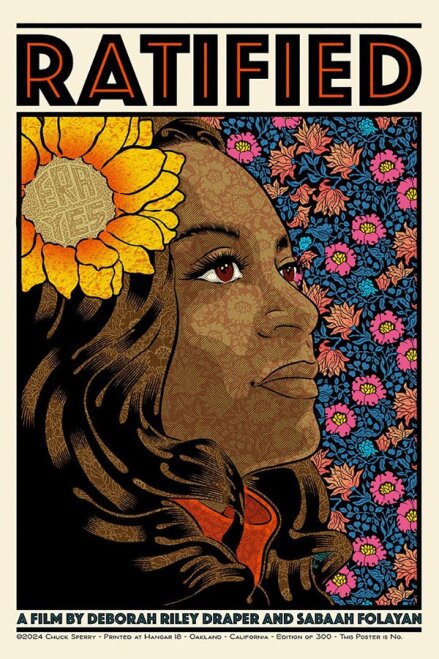Hu Jintao, the president of China, recently visited Chicago as part of the first trip to the United States by a Chinese leader in 13 years. Local Tibetans took this appearance of Hu as an opportunity to protest the treatment of their homeland by the Chinese Government. On Jan 20, students from Madison Area Technical College joined protestors in Chicago, hoping to bring attention to the human rights policies in Tibet.
Along with the coach bus of Madison area protestors, several more buses of Chinese students arrived near the base of the John Hancock Building to welcome their president. The streets filled with the chants “Shame, Shame, China, Shame” and “Hu Jintao murderer” along side the celebratory banging and whistling of Chinese drums. Despite the differences in purpose, the gathering of the two groups remained peaceful throughout the day.
“It’s never been about the Chinese people and this is something we always stress upon … we try to make sure [that we say] ‘Shame on the Chinese government’ whenever any of the Chinese citizens ask us,” said Nawang Dalker, a Madison College student and midwest regional coordinator of Students for a Free Tibet.
While it’s unknown exactly how many Tibetans have been killed or wrongfully imprisoned, it has been estimated that over one million Tibetans have been murdered by the Chinese military since 1952 according to Friends of Tibet.
Free Tibet protests are nothing new. China has remained in control of Tibet for over 50 years, creating an environment that prevents standard human rights. Most notably, in 1999, Liu Xiaobo was arrested and sentenced to 11 years in prison for speaking out for human rights in Tibet. While in his second year of imprisonment, Liu was awarded The Nobel Peace Prize for his work.
To avoid persecution, many Tibetans flee their homeland and continue to fight for the day they are able to peacefully return. Dawa, a protester from Madison, was born in Tibet and as a young boy was relocated to central India to avoid harassment of the Chinese government.
“We used to protest in India but in India, there is not much. People are poor and uneducated. News is not spread as good as we do here. Here, everybody watches TV, internet.” said Dawa.
Dawa was able to immigrate to the United States in the early 90s through a lottery system allowing Tibetan refugees to legally escape oppression. However, many Tibetans have been unable to move to safer conditions, including members of Dawa’s family.
“You ask any Tibetan who has come from Tibet, especially the refugees, they’ll tell you that they’re leaving because they can’t get a job, they can’t get an education,” said Gabriel Feinstein Jr., the media coordinator for Free Tibet and Madison College student.
“This extends all the way to intellectuals, artists, and musicians who are swiftly arrested for any anti-government material.”
Among the business discussions and transactions during Hu’s visit, President Obama did ask Hu to speak with Tibetan representatives to solve the human rights issue. Hu later replied with a warning for America to keep away from Tibet claiming Tibet-related issues concern China’s “sovereignty and territorial integrity.”
The peaceful protest in Chicago marched nearly three miles to The Hilton Hotel, where Hu was staying. A prepared letter to Hu and his administration stressing the importance of human rights and a request to release Tibet to the Tibetan people was unsuccessfully delivered to anyone who would read it due to strict security detail.
Even without immediate response, many Protestors said that they were successful in educating area visitors about an issue that they feel can be easily ignored by politicians.
“A lot of people think protests is just going out in the street shouting and shaming the Chinese government” explained Dalker, “through protests over the years, there’s many people, many political prisoners in Tibet who are free because of people going out constantly setting awareness, constantly shaming the Chinese government and getting more people interested in questions what exactly is happening in Tibet.”
Hu Jintao is scheduled to end his presidency in 2012. At that time, many Tibetans hope change is possible through education.

























